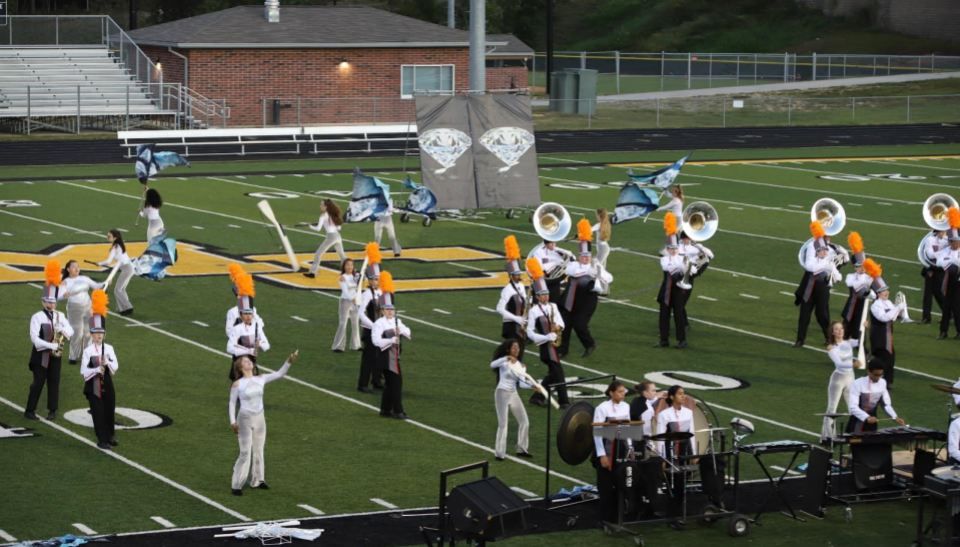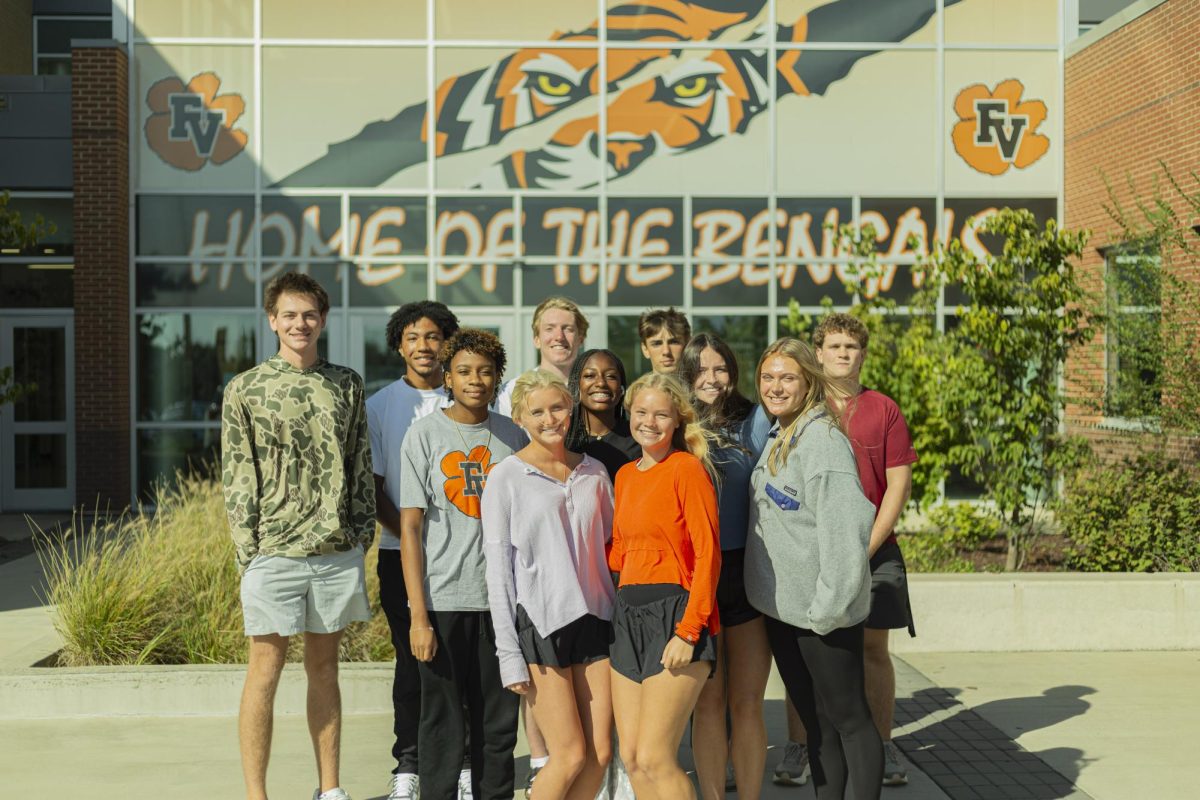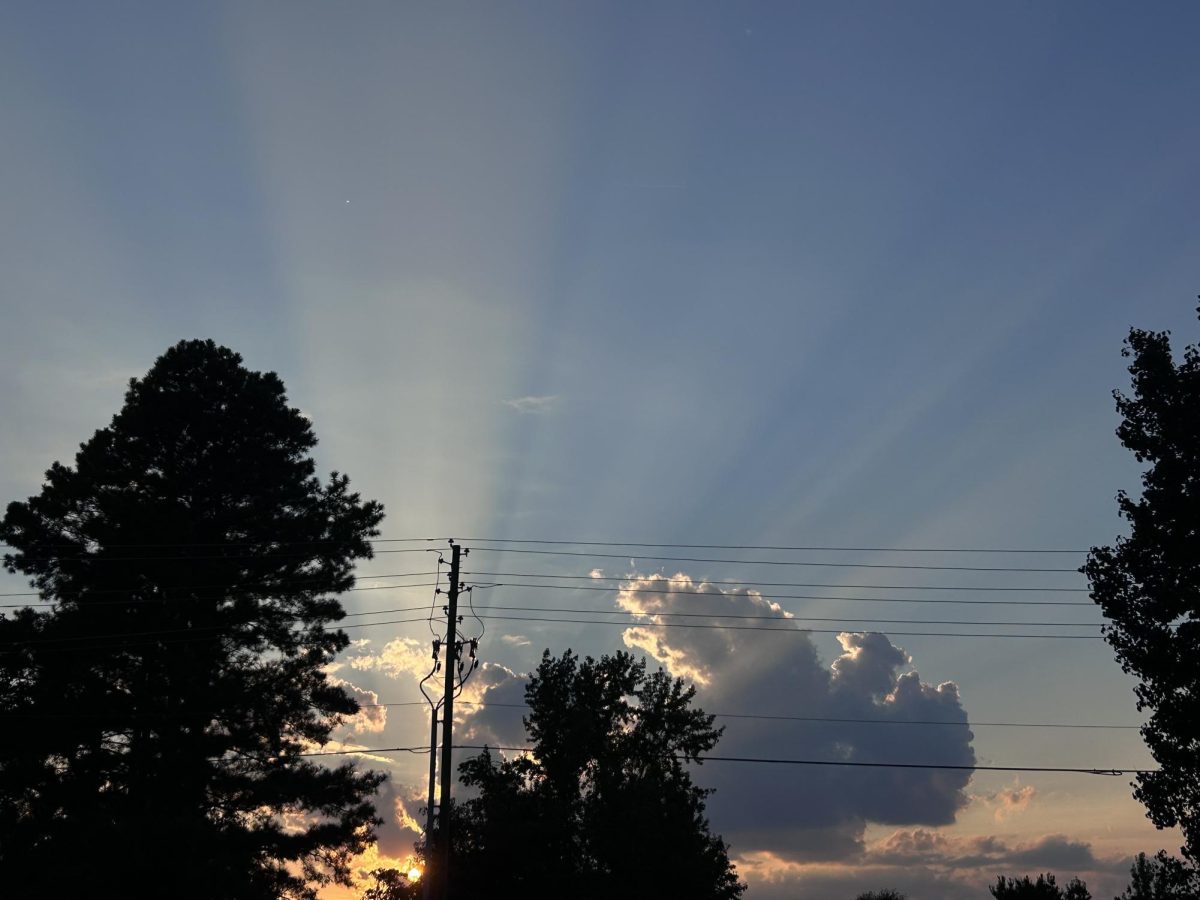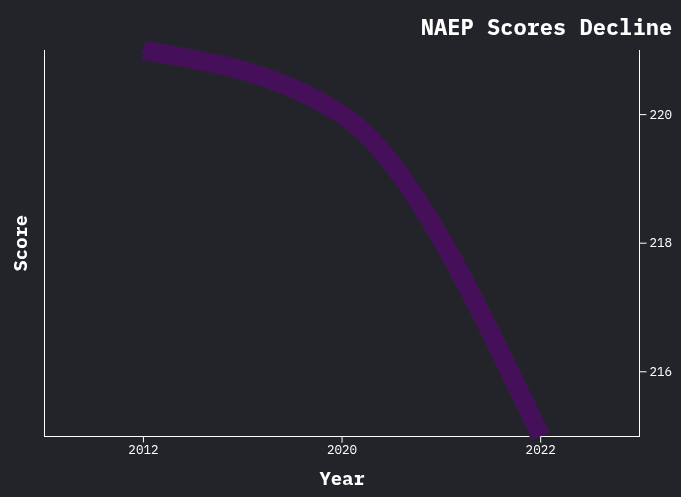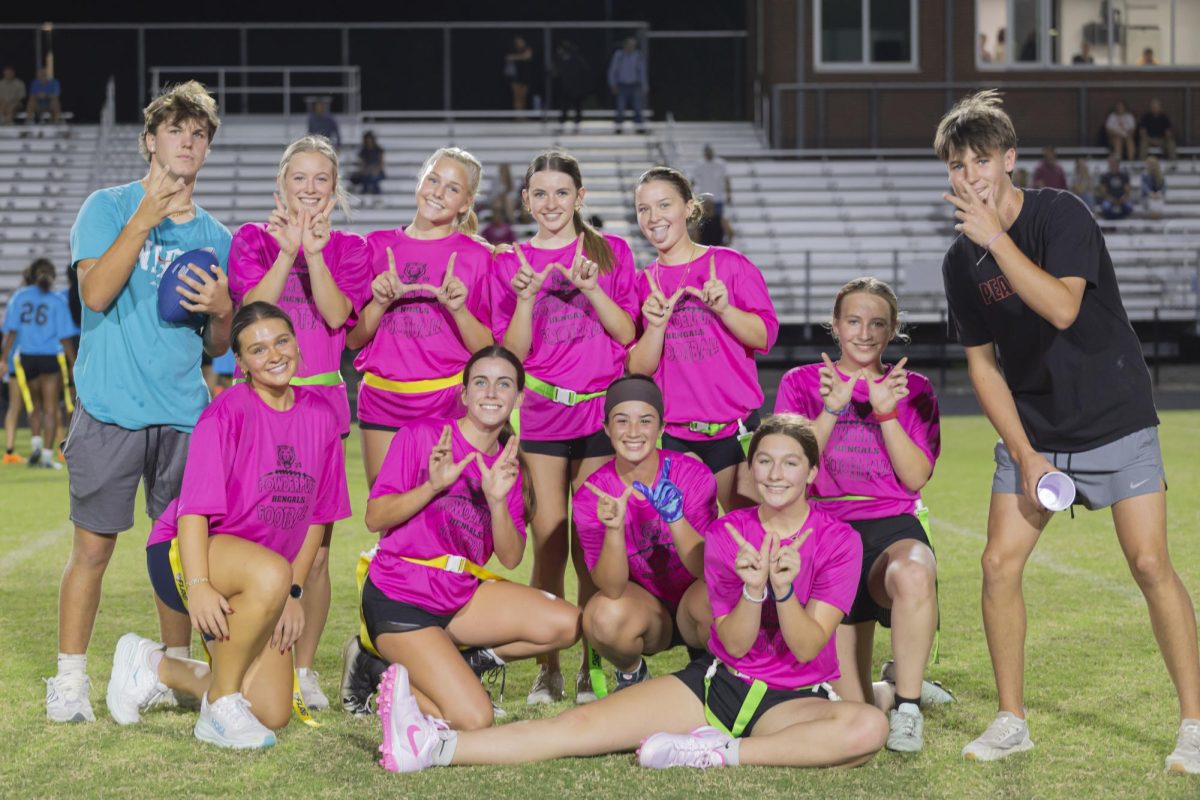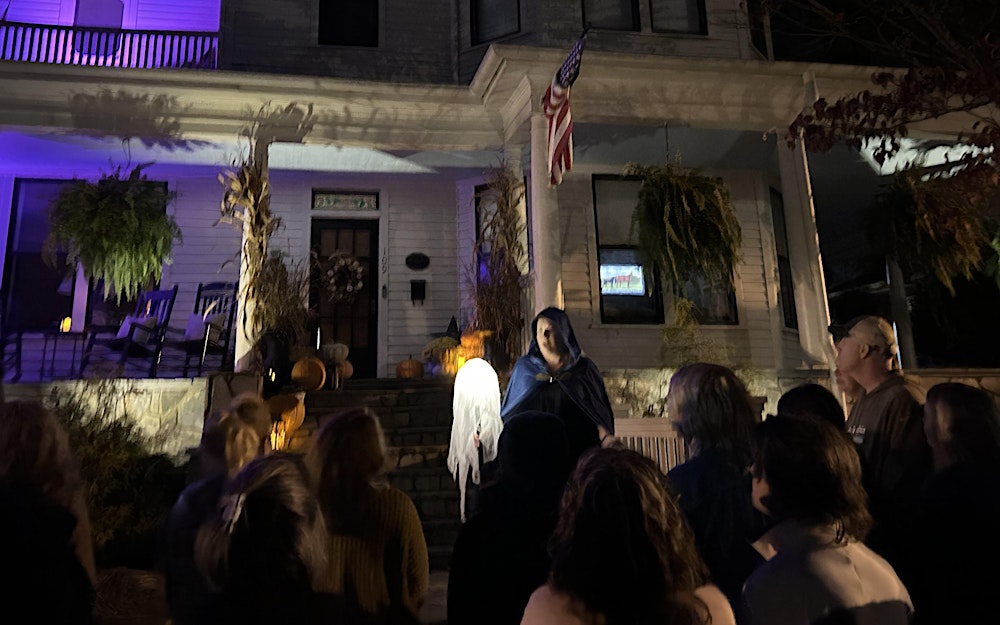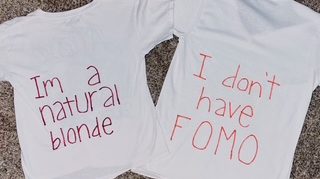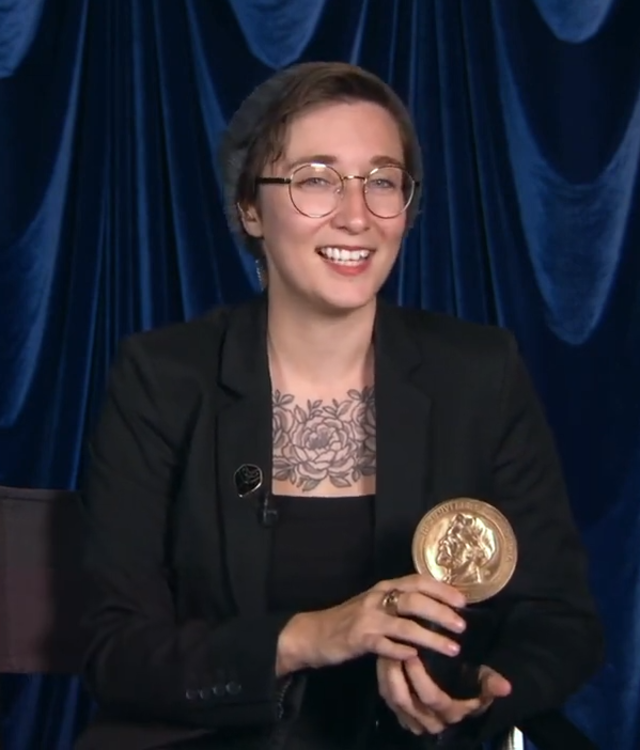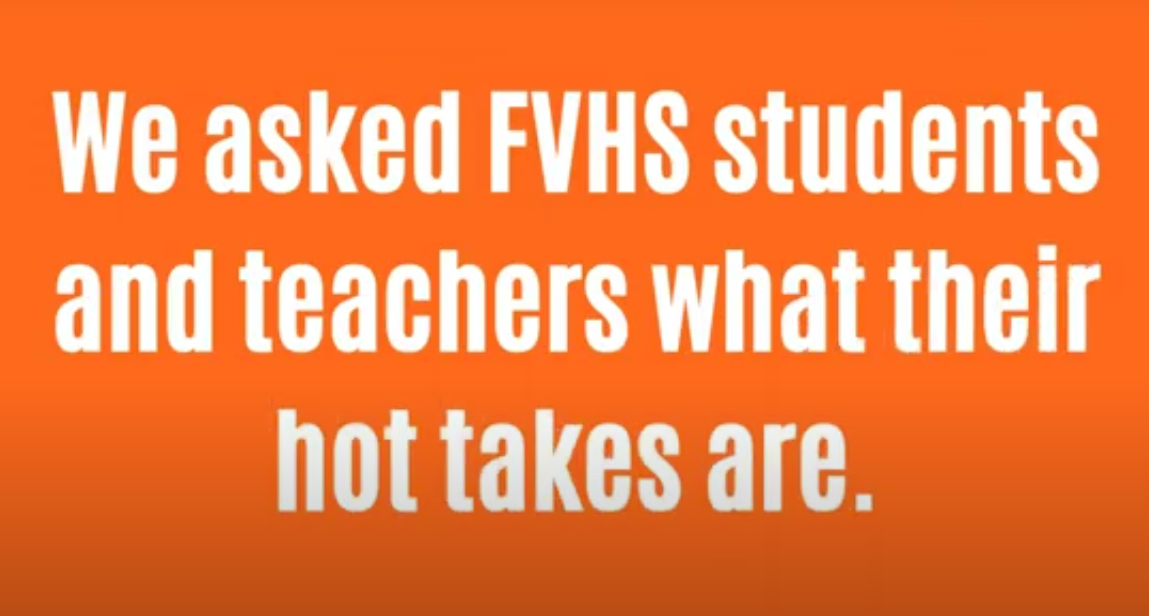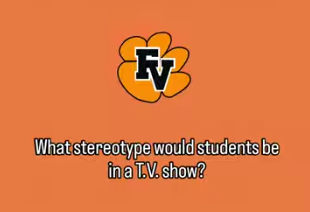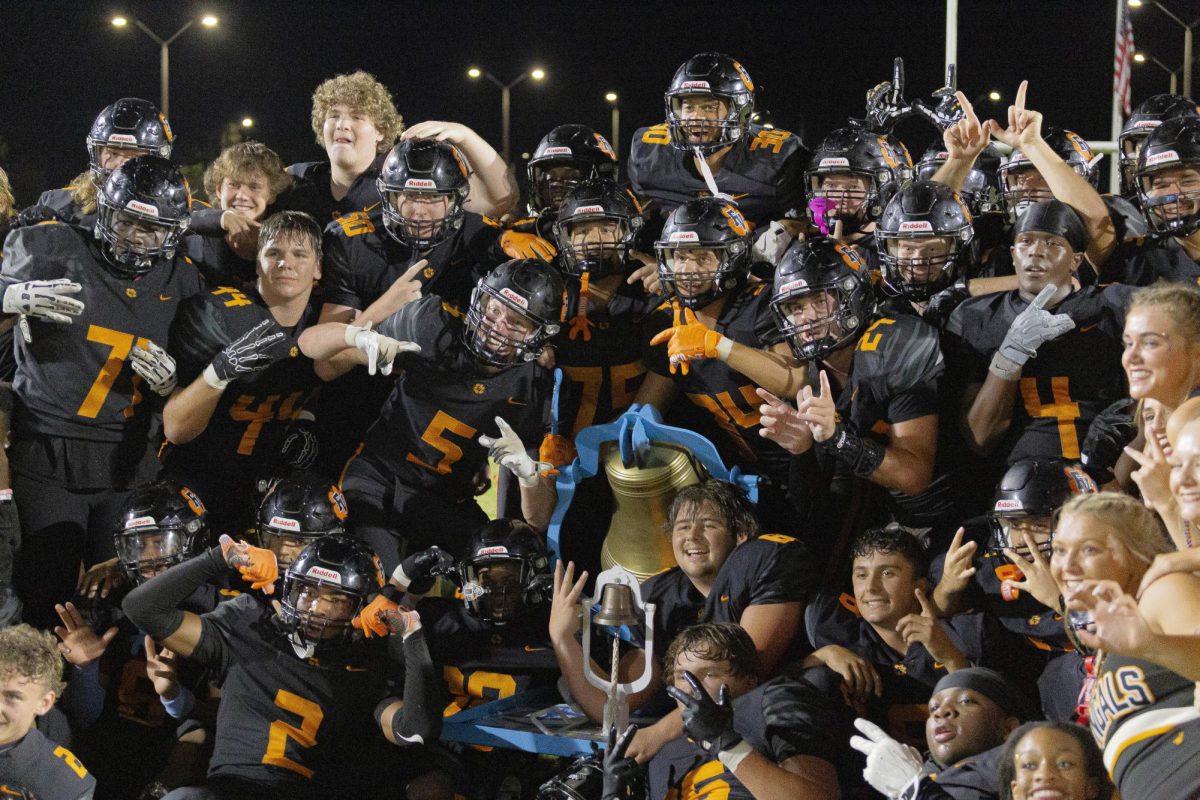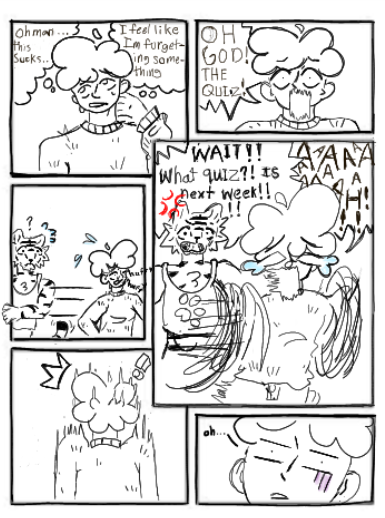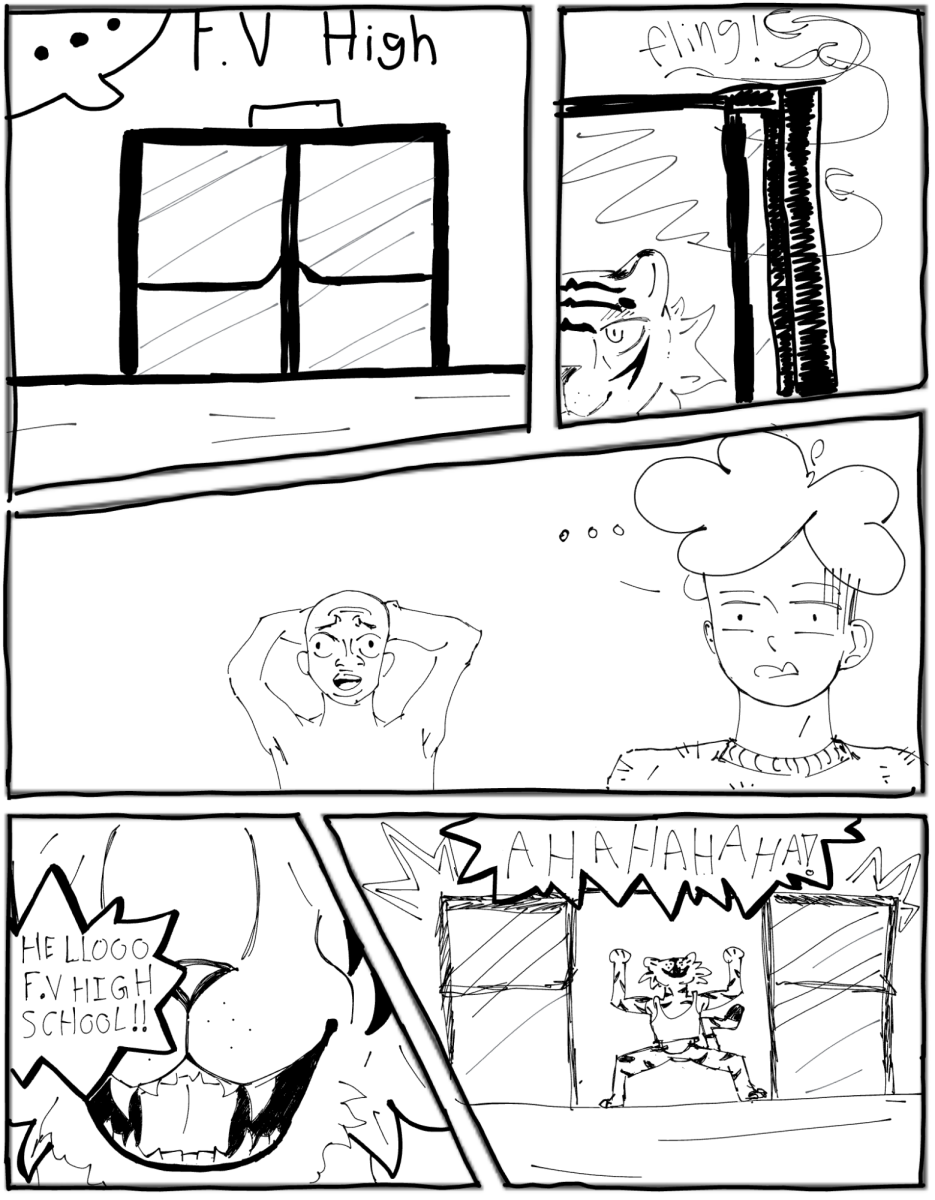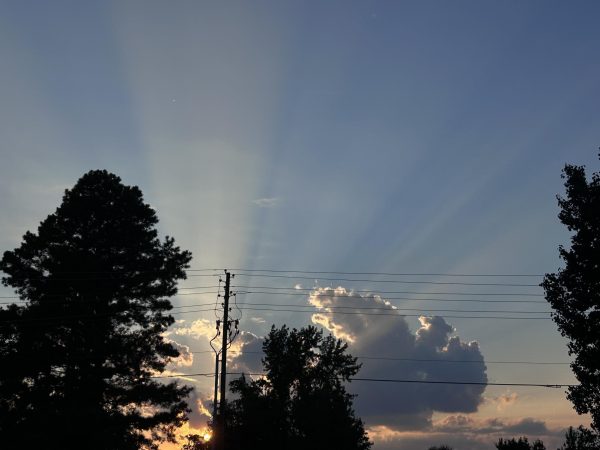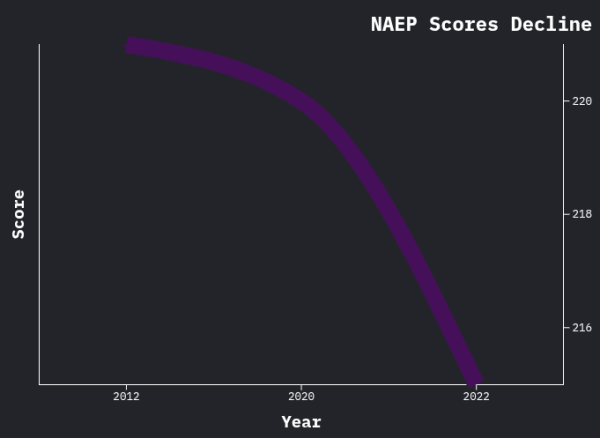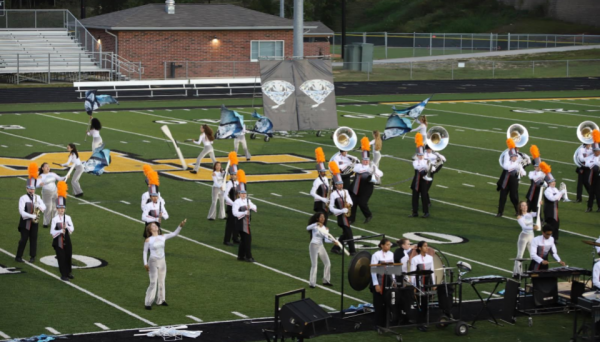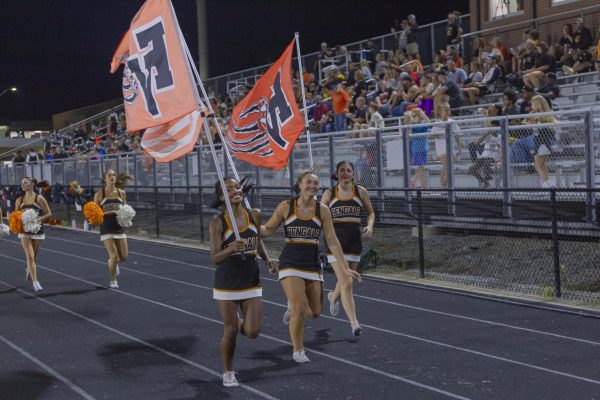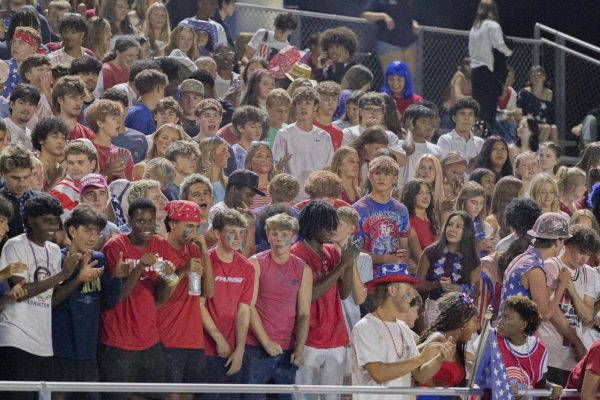Happy holidays discourse
For a long time, “Merry Christmas” was the standard greeting during the holiday season. Many Americans appreciate and love the Christmas tradition. Movies, music, and revolve around Christmas, highlighting the activities and importance of the holiday. According to ExplodingTopics, the average American spends a total of around $1,000 on Christmas.
For Christians in particular, it’s more than just the trees, cookies, and carols. This time in December marks the birth of Jesus Christ. Even for those that aren’t religious, it is still seen as a major holiday.
When discussing inclusion, “Merry Christmas” appears to do nothing but exclude individuals who do not celebrate Christmas. The truth is, other holidays are celebrated during this season besides Christmas. These include Hanukkah, Las Posadas, and Kwanzaa.
To sell more products, retailers and larger companies have been compelled to use the greeting “Happy Holidays” or “Season’s Greetings” during the winter season. This is a saying that could be argued to be more inclusive. It’s simple and doesn’t try to stick to one holiday. Changes like these make the holidays more accommodating towards those who need them. This greeting isn’t new. In fact, “Happy Holidays” was used during the 1960s in a song by Andy Williams.
A vocal minority has insisted that this form of inclusion is an erasure of Christmas and the traditions that come with it. This belief is fueled by the idea that Christmas isn’t being represented as much as it was before. This narrative has spread rapidly, even being featured on news stations like FOX News.
Despite this, having an open mind is key when it comes to others’ traditions and celebrations. There should always be a line of respect and appreciation for those who are different from us.
Your donation will support the student journalists of Fuquay-Varina High School. Your contribution will allow us to purchase equipment and cover our annual website hosting costs.

